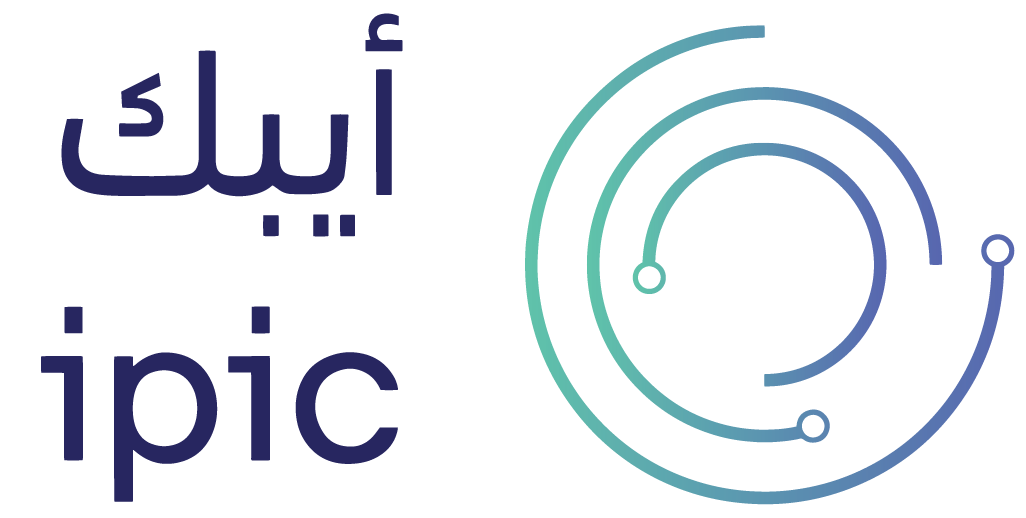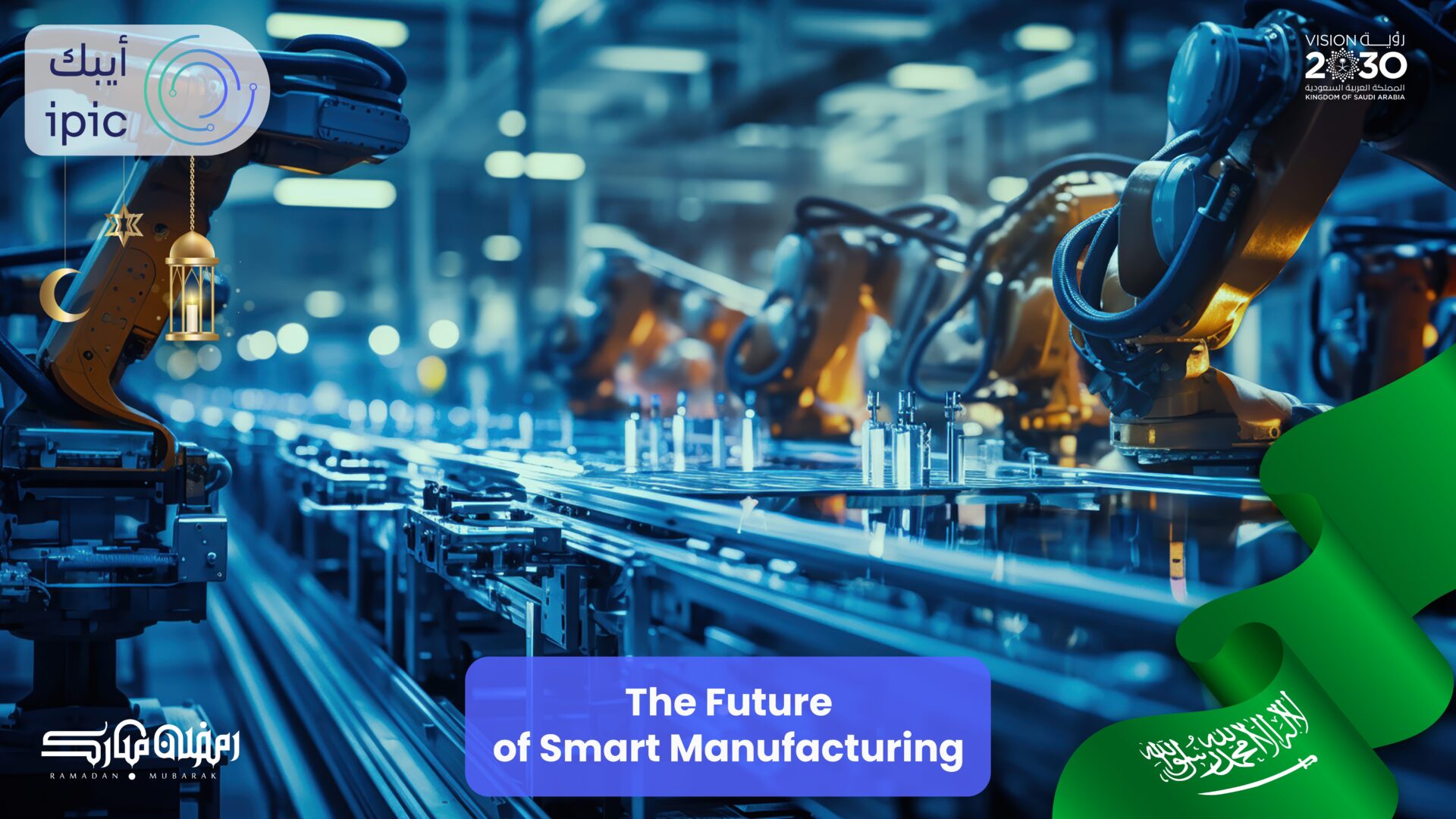Introduction
In the era of the Fourth Industrial Revolution, the manufacturing sector is undergoing a radical transformation thanks to digital technologies. The concept of the digital factory represents an integrated fusion of automation, data analytics, artificial intelligence (AI), and the Internet of Things (IoT) to enhance productivity, increase efficiency, and reduce costs.
By leveraging these technologies, IPIC helps factories and industrial companies adopt digital transformation and achieve unprecedented levels of competitiveness and sustainability.
What is a Digital Factory and Smart Manufacturing ?
A Digital Factory and Smart Manufacturing is an industrial environment that relies on the latest digital technologies to improve and automate production processes. It integrates AI-driven systems, digital twin technology, and cloud computing, enabling more efficient operations and faster market responsiveness.
Key Features of a Digital Factory:
- ✔ Data-Driven Decision Making: Real-time data analysis for production optimization.
- ✔ Connected Systems: Seamless integration between IT (Information Technology) and OT (Operational Technology).
- ✔ Automation and AI: Utilizing robotics, machine learning, and predictive analytics.
- ✔ Flexibility and Adaptability: Quick response to market changes and customer demands.
- ✔ Efficiency and Sustainability: Reducing resource consumption and minimizing waste.
Core Technologies Supporting the Digital Factory and Smart Manufacturing
1️⃣ Industrial IoT (IIoT) and Smart Sensors
By connecting machines and devices within the factory, Industrial IoT enables real-time performance monitoring and data analysis to enhance maintenance and production.
🟢 How IPIC Helps:
- ✅ Implementing predictive maintenance solutions to reduce unplanned downtime.
- ✅ Improving equipment efficiency through real-time performance analysis.
2️⃣ Digital Twin Technology
A digital twin is a virtual model that replicates equipment or production lines, allowing for testing and analysis before real-world implementation.
🟢 How IPIC Helps:
- ✅ Providing advanced simulation models to optimize operations and reduce errors.
- ✅ Supporting innovation in product design and production quality improvement.
3️⃣ Artificial Intelligence and Machine Learning
AI systems analyze massive data sets in factories to optimize production, reduce waste, and predict issues before they occur.
🟢 How IPIC Helps:
- ✅ Developing predictive analytics to optimize supply chain and inventory management.
- ✅ Enhancing product quality through AI-powered smart inspection technologies.
4️⃣ Cloud Computing and Edge Computing
Cloud computing enables factories to efficiently manage their data, while edge computing provides rapid responses to critical data.
🟢 How IPIC Helps:
- ✅ Offering secure and scalable data storage and processing solutions.
- ✅ Enhancing cybersecurity with advanced industrial data protection solutions.
5️⃣ Robotics and Automation
The use of smart robots and autonomous vehicles reduces operational costs and increases productivity.
🟢 How IPIC Helps:
- ✅ Providing advanced automation solutions to minimize human errors.
- ✅ Enhancing workplace safety through collaborative robots (Cobots).
6️⃣ Augmented Reality (AR) and Virtual Reality (VR)
AR/VR technologies provide interactive experiences for training, maintenance, and production support.
🟢 How IPIC Helps:
- ✅ Training employees through interactive simulations replicating factory environments.
- ✅ Improving maintenance processes with real-time AR-guided instructions.
Benefits of a Digital Factory and Smart Manufacturing
- 🔹 Increased Productivity and Efficiency: Streamlining workflows and minimizing waste.
- 🔹 Reduced Operational Costs: Through predictive maintenance and efficient energy management.
- 🔹 Enhanced Product Quality: Thanks to AI-driven smart inspection technologies.
- 🔹 Greater Production Flexibility: Quickly adapting to market changes.
- 🔹 Environmental Sustainability: Reducing waste and carbon emissions.
Challenges in Implementing a Digital Factory and Smart Manufacturing
- 🔴 Initial Investment Costs: Digital transformation requires investments in technology and infrastructure.
- 🔴 Cybersecurity Risks: Increased digital connectivity exposes factories to cyber threats.
- 🔴 Workforce Skill Development: Employees require extensive training to use modern technologies.
- 🔴 Integration of Legacy Systems with Modern Technologies: Many factories struggle to merge traditional systems with digital solutions.
🟢 How IPIC Helps:
- ✅ Offering gradual digital transition plans to minimize costs and risks.
- ✅ Providing advanced cybersecurity solutions to protect factories from digital threats.
- ✅ Supporting training and development programs to empower workers with digital skills.
The Future: Is Your Factory Ready for Digital Transformation?
Shifting to a Digital Factory and Smart Manufacturing is no longer an option but a necessity for ensuring future competitiveness and sustainability. With advancements in AI, quantum computing, and 6G communications, factories will evolve into self-optimizing systems capable of real-time decision-making.



